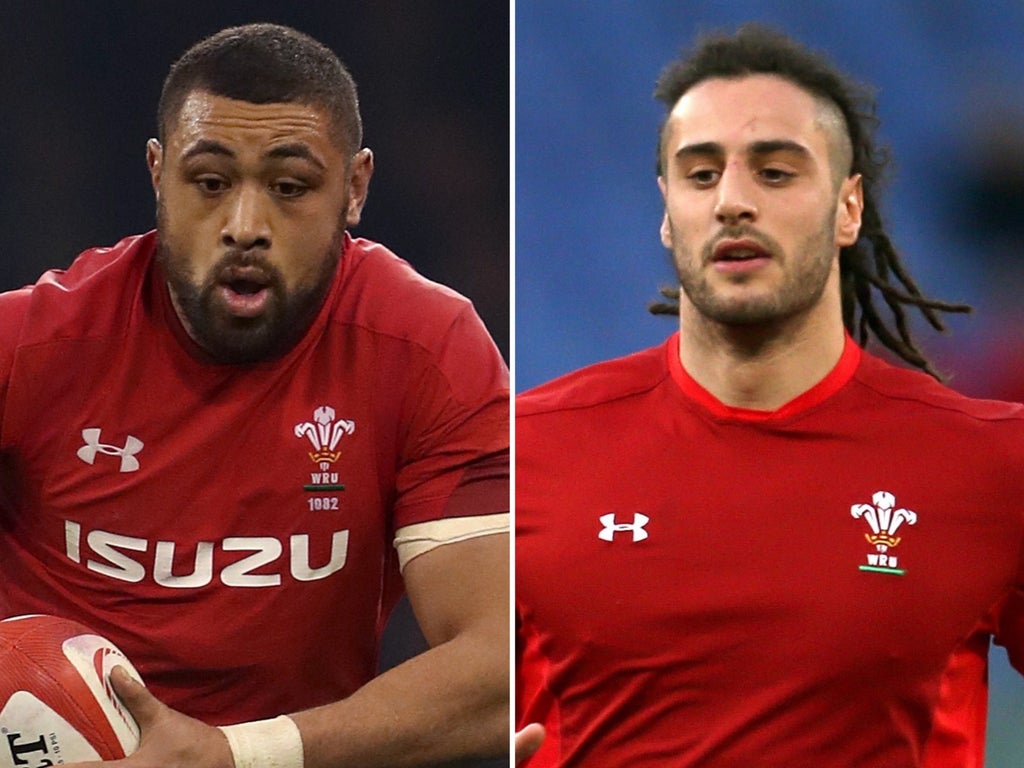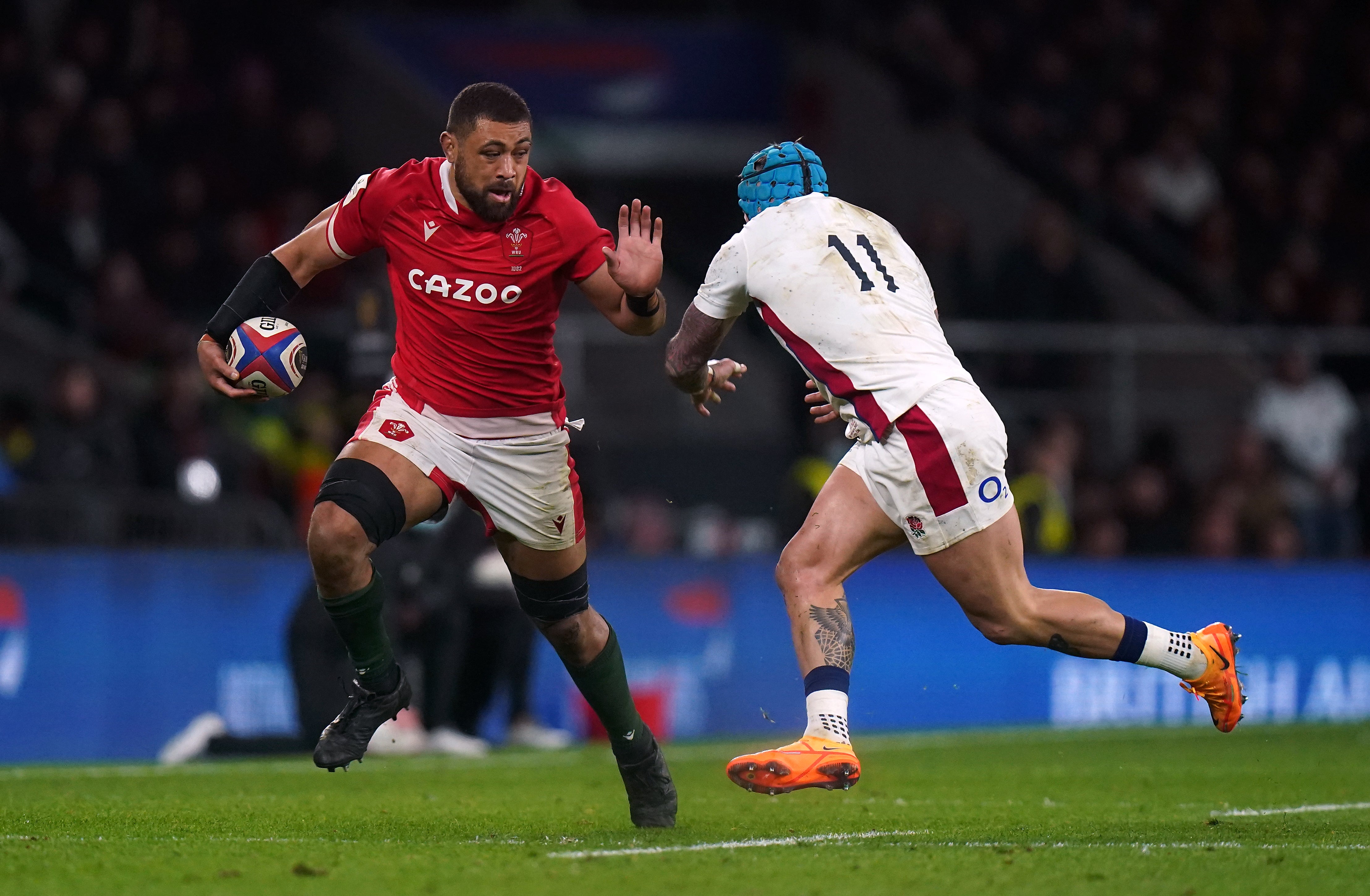
Josh Navidi and Taulupe Faletau look set to be reunited in Wales back row for the Six Nations clash against France on Friday.
They have not played a Test match together since Wales saw their Grand Slam dream ended by France in Paris almost a year ago.
Number eight Faletau returned to international action after a lengthy injury lay-off when Wales lost to England at Twickenham 10 days ago.
And flanker Navidi, who was out for five months due to a shoulder problem, could now follow suit after making his comeback in Cardiff’s United Rugby Championship game against Ulster last week.
Wales head coach Wayne Pivac, meanwhile, is understood to be considering a role at blindside flanker for Navidi’s Cardiff colleague Seb Davies.
Pivac names his team on Wednesday for the Principality Stadium encounter, with Faletau a key figure as Wales try to halt unbeaten France’s title and Grand Slam bid.
Victories over Wales – then England in Paris eight days later – would secure Les Bleus a first Six Nations clean sweep since 2010.
They have got it all, really, and that is what you want to play against
“They are a team that is playing some real good stuff and they can hurt you from anywhere,” Faletau said. “We have seen it throughout the last year or so with the form they are in.
“The players they have got and how they are playing, it will be a tough challenge for our defence. They have got it all, really, and that is what you want to play against. You want to play against the best.
“I don’t see any weaknesses in that French squad. They challenge you wherever you look.
“The French, we have seen in the last year or so, there hasn’t been any implosions, so I think they have moved away from that and we expect the best France to turn up.”
Faletau was sidelined for seven months because of an ankle injury before returning in Bath’s Gallagher Premiership games against Wasps and Leicester, and then earning a Wales squad recall.
It was a long and frustrating period in the 31-year-old’s career, but it looked like he had never been away, given the all-round quality of his display against England.
“Looking back over my injuries, it’s when you get to the end of a timeline and then it (return) keeps getting pushed back,” he added.

“That is when you kind of lose track of where you are and lose your head, sort of thing.
“I think throughout the seven months that I was out for, it was almost like a rolling two weeks. Every two weeks, it was go back two weeks and go again.
“I guess it is just learning from these experiences of coming back from injuries, and when you do kind of feel like it is too many setbacks, not to totally lose the plot.
“With the injuries I’ve had, they haven’t been that serious, if that makes sense. They have been quite lengthy, but nothing major.
“I guess I haven’t had the experience of feeling an injury is going to be my last.”







